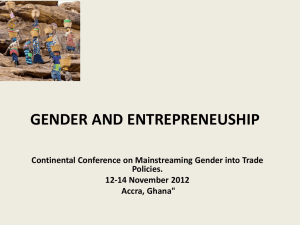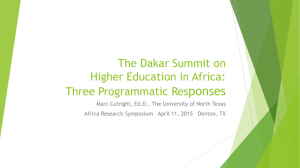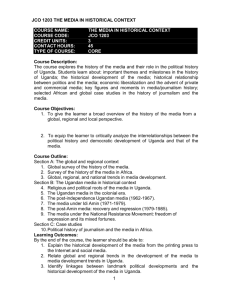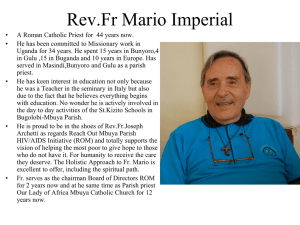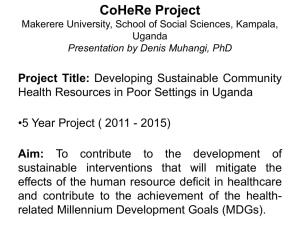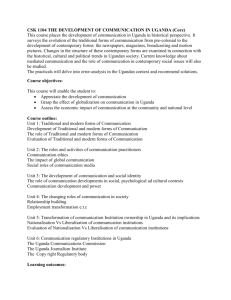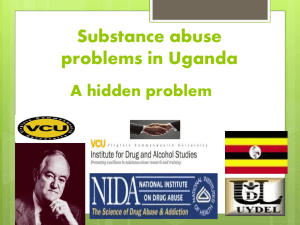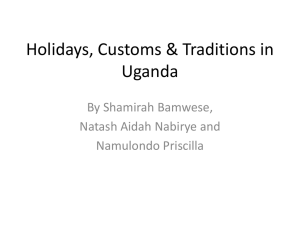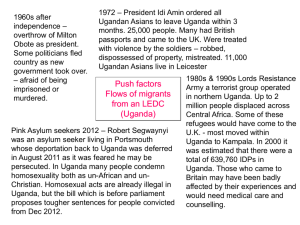Youth Challenges and solutions
advertisement
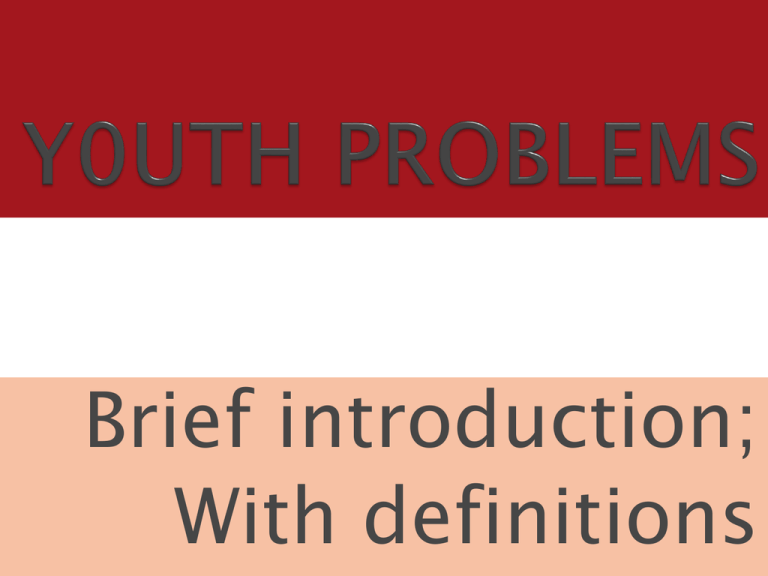
Brief introduction; With definitions A young person Young people as a whole The time between maturity and childhood Early maturity; the state of being young, immature or inexperienced An early period of development The freshness and vitality characteristic of a young person The youth really face problems Every generation has offered varying magnitudes of problems to the youth This particular era of generation has offered much more problems than the former ones Everywhere the youth are confused, frustrated, involved in riots, in rebellion against authority,.. And in most cases the end result is suicide or something worse! This is not the case with all the youth, but it is true for a distressingly large number of them Juvenile delinquency - characterized by gross misconduct reached epidemic levels decades ago In April 7 1982, one explanation for a decrease in crime rate was that there were fewer young people!!!! Many fine youth! The home and parents; source of love, security, provision, guidance, standards, discipline, hope and example… in most cases there are always the opposite Children learn to disrespect their parents because sometimes they are not themselves respectable – sometimes busy making money, relieving their own youth and having a good time as parents at the expense of their children’s morals. Divorce has played a major role in the development of vices among the young people Children learn to disrespect the authority at home. It carries on to schools, against civil government and divine authorities. The government; The ambitious and unscrupulous politicians are in effect a ‘stumbling block’ for the youth, turning them off from being responsible citizens Power, popularity and profit have rather than service have dominated our governments As a result the young have always set targets beyond their means.?? So to achieve them…. Case Uganda study – Uganda currently is of over 34 million people 70% are 30 years and below, of these 51% are 15 and below. Even with efforts to allow access to education at the most essential levels (UPE and USE Programs) to achieve literacy, there are still many school drop outs These group needs programs to provide them with skills to get a job, start a business and make it possible to provide for themselves and their families. Change of attitude; A more vital means to target school drop outs is through providing them vocational training, yet vocational training is not always a priority in the national budget (1% in 2005/6 national budget of Uganda) Youth leaders have turned to be more political, and have little time for youth issues. However they are more active in promoting recreational programs such as football, and many other sports activities than in promoting entrepreneurship skills, which is the basis of economic welfare Career guidance at every level of education, as many young people do not assume their ability to exploit their skills to provide for themselves – many think that career guidance is essential only at a higher level of study (actionaid Denmark, Uganda – Uganda newsletter) Case study; continued On July 25th 2010 was the AU Summit in Kampala, Uganda A group of 100 youth had met on 19th prior to the AU Summit to discuss issues they would present for appropriate action by the Heads of States who would attend the Summit 3 days of meeting they presented maternal, infant and child health, which were also the main focus of the AU Summit They also tackled such topics as gender-based violence and the role of poverty in child mortality Promoting youth participation; The AYF urged the governments to; integrate, scale up and regularly update life skills and sexual reproductive health education in school curricula as well as out of school programmes in line with article 16 of the African Youth Charter; invest in capacity development of peer educators and youth volunteers; and to fund youth-led initiatives and youth centers to promote participation in life skills and Sexual Reproductive Health research, advocacy, training and monitoring. The UNICEF regional director of E and S Africa, Elhadj As Sy and UNICEF Googwill Ambassador Mia Farrow both said “be the change you wish to see in this world. you can do it. The youth is the majority. The world will belong to you.” The youth elected two representatives who read the key points from their meeting to the AU Summit ceremony of Heads of States of 25th July. THE AFRICAN YOUTH CHARTER The first legal framework in favor of youth development The formation of AYC followed a proposal by the African Heads of States in their meeting ‘The African Union Strategic Planning 2004/2007’, Following the need to ensure that youth issues are embedded in a legal framework and taken seriously with the deserved attention and care ROLES Facilitates the institutionalization of youth participation in political debates, decision making and development processes at national, regional and continental levels; on a regular and legal basis for positive and constructive contribution Contributes to the strengthening of capacity building programmes for young leaders in Africa It opens the possibility of dialogue and more opportunity for exchange on youth development issues and facilities relevant for improvement through education, training and skills development MISSION The AYC, and thus its mission are established and taken care of by the UNESCO (UN Educational, Scientific and Cultural Organization) “To advance knowledge, standards and intellectual cooperation in order to facilitate social transformations conducive to the universal values of justice, freedom and human dignity” UNESCO addresses five major areas: International migration and multiculturalism Urban development Physical education and sport Ant-doping, and youth LIFE SKILLS Communication(interpersonal & listening) Negotiation and assertion Problem solving and decision making Anger and stress control Literacy Numeracy Needed in their basic levels. Education is the most vital tool that can be used to change the world It begins with you Exemplary lives Et cetera http://aburningfire.net/home/Sources.htm http://www.unicef.org/infobycountry/uganda_55191.html http://www.tigweb.org/youth media/panorama/article.html?ContentID=1087 http://jar.sagepub.com/content/27/2/256.short UNICEF, UNESCO, AU…. THANK YOU JOEL OGWANG DEPT OF AGRICULTURE 2012/2013.


